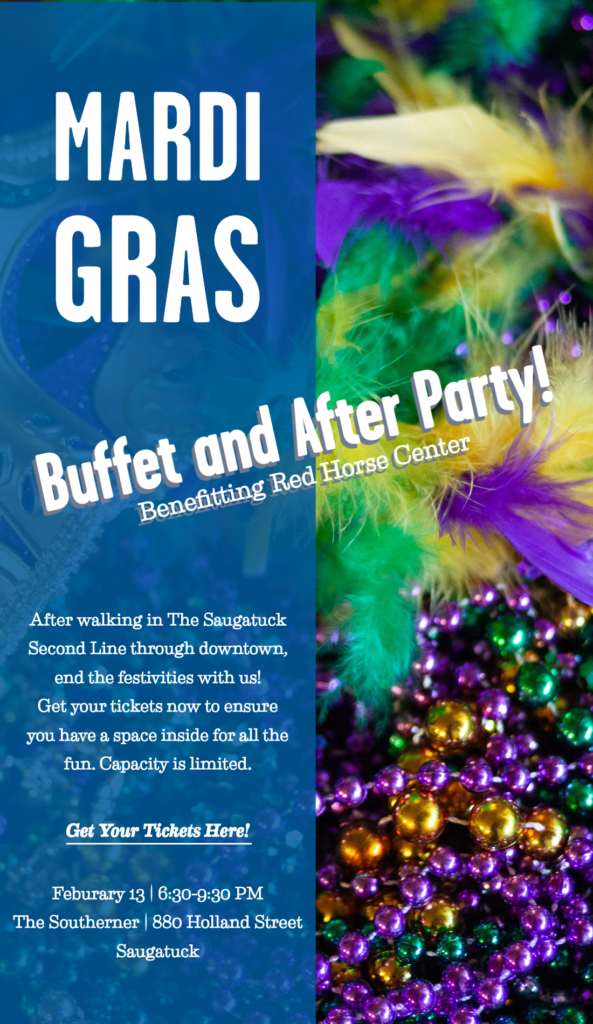Old Death
I’m a descendant of Will Walker, perhaps the most legendary of the many local legends of the peaceful side of the Smokies. Will was granted land in what is now The Great Smoky Mountain National Park for his service in the Seven Years War, after the U.S. government sent the Cherokee down the Trail Of Tears.
He stewarded lands in Tremont, just outside the town of Townsend. Black Bill, as he was also known, looked after a small community of homesteaders and his legacy is rich with tall tales. Some perhaps even taller than his rifle, which he made himself and called Old Death.
Will was over six feet tall which made him a giant in his day, and his rifle rivaled him when he parked its stock at his feet. Will and Old Death kept a watchful eye on his settlement. During the Civil War, when fathers and sons were drawn up by the Confederacy, Will called on their orphaned families to mend fences, chop wood, or perhaps just lend an ear to their loneliness, borne of a fight they never chose.
A standout of the many perhaps greatly exaggerated stories told about him involves a troublesome black bear who swaggered into the settlement and wreaked havoc on crops and property and terrified the children and livestock. His people called upon him to find and kill the hooligan bear.
So Will and Old Death set out into the foothills.
Morning passed. Afternoon came and went. Evening started to set and the neighbors began to worry about what had become of Will Walker, more as the sun disappeared behind the mountains and an unrelenting dark filled the valley.
This moonless night, more than most nights, one could not stretch his hand before his face and see it. Surely Will should have come home by now, either because his job was done or he gave up and didn’t want to get caught in the mountains after daylight so ceaselessly left.
In the waning dark before the next morning, a few heads popped up from their beds when they heard a distant shot from the hollow.
When daylight finally broke and his neighbors were sure he had met his maker, Will walked out of the woods with the delinquent bear skin slung over his back. The stunned onlookers begged to know how he managed to shoot the bear in the deep darkness.
He told them, ”I waited… until I felt his breath on my face.”
I’m sure for such a character the idea of a cocktail crafted after him would at best be received as frivolous.
That aside, we wanted to put something in a glass that felt like the steep and rocky land he called home. Something that smelled of old earth and the rushing waters of the Middle Prong, that spoke to the grizzled determination it took to carve out a happy life and healthy family in those mountains.
Laird’s apple brandy was destined to have a home in The Southerner’s bar. It’s the oldest still-operating distillery in America and specializes in the spirit that was first made and most popular on these shores. Appalachians were drinking (and making) it long before bourbon existed. Of course, just as it did in bourbon country, corn eventually took over the mash in foothills stills, but apples are the old hard heart of American spirits.
Black walnuts were not only important in the Appalachian pantry, but the scent of decay, of fallen leaves and moss and lichen, is a constant in the deeply wooded foothills regardless of the season and is so well mocked by the oxidized flavors and aromas of black walnut bitters.
Mushrooms sprawl across East Tennessee’s mountain valleys. Morels, king boletes, chanterelles… In Will Walker’s day, in the warmer months, the pantry may well have been equal parts farmed and foraged. The idea of lending the cocktail a deep, savory edge made so much sense next to the black walnuts and the apple sweetness of the brandy.
Burnt or, black, honey is the dark, molasses like honey collected from beehives at the end of the season when the hives are superheated to retrieve the beeswax for candle and soap making, which darkly chars whatever honey remains in the combs. Today, it’s often disregarded as an industrial byproduct, used in foods where the sweetness and flavor of honey are desired but the color and bitterness is not a detractor, like honey based bottled barbecue sauces.
This is freakishly odd to me.
Burnt honey has the extraordinary flavor of deeply caramelized honey and beeswax with a pleasant bitter edge and restrained sweetness. Insanely delicious. Every chef on earth should have it on their shelf and it would certainly not have been disregarded by early Appalachian settlers who would have been loath to waste a single calorie their land produced.
Stir it all up and garnish it with a pickled ramp. Ramps are a wild onion, akin in flavor to literally nothing else on earth. Some food writers say it’s like onion meets garlic but that’s bullshit. Ramps taste like ramps and they carpet the Tennessee foothills and the woods of West Michigan alike every spring, though a few weeks apart. For me they are a cornerstone of the TN meets MI story.
Finish it all up with some fresh bay leaf, botanically and visually, though not culinarily, related to the laurel that hugs every crevice it can carve out along the low river bank of the mountain valleys…
…and sea salt. Appalachia sits on top of an ancient sea and there are a few producers pulling a great textured salt from under it. All and all you’ve got a complex but welcoming cocktail that, despite what I assume would be his curmudgeonly first impression, would meet with Will Walker’s approval.
After all, everything in it, or at least an approximation of it, he knew in his heart and could find at arms length.
Old Death
Serves one.
- 2 oz. Laird’s Old Apple Brandy
- ¾ oz. burnt honey/mushroom tea (see below)
- 2 long dashes Fee Brothers black walnut bitters
- 1 pickled ramp (see recipe)
- 1 fresh bay leaf (if you can lay hands on it)
- A pinch of Appalachian sea salt
Combine the brandy, mushroom tea and bitters in a stirring glass with ice. Stir 30 seconds and strain over a large ice cube into a rocks glass. Garnish with a speared pickled ramp and fresh bay leaf and sprinkle the garnish with a few coarse grains of salt.
Serve at once.
Burnt Honey / Mushroom Tea
It’s difficult to make this in small quantities, but it keeps for a long time in the fridge and could potentially find a home used anywhere a sweet and savory kick might be welcome, like the aforementioned barbecue sauce or as a marinade for meats or a punch of flavor in a vinaigrette or even your morning coffee.
Or you could just commit to a few evenings of Old Death drinking.
No one’s judging you.
- 300 ml (ish) burnt honey
- 500 ml tap water
- 50 g dried mushrooms (we use dried porcini)
- 1 bay leaf
- A healthy pinch of Appalachian sea salt
Break or roughly chop the mushrooms into small pieces. Drop them into a small container and cover them with the water, bay leaf, and salt. Put in the fridge for 24 hours.
Strain the mushrooms and bay leaf from the water and measure. The mushrooms will absorb some of the liquid as they infuse, so you will have less water than the 500 ml you started with. (You should squeeze as much moisture from the dried mushrooms as possible but you won’t get it all.) Your aim is to have a fifty fifty mix of burnt honey and the infused mushroom tea. So if you yield 350 ml of mushroom tea, add 350 ml of burnt honey and mix well to combine. It may help to gently warm the mushroom tea to help disperse the black honey. Refrigerate well covered until use.

